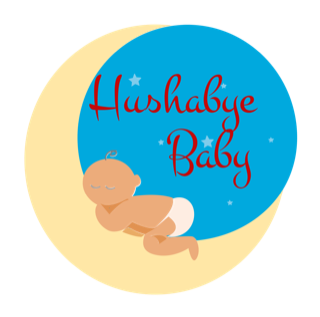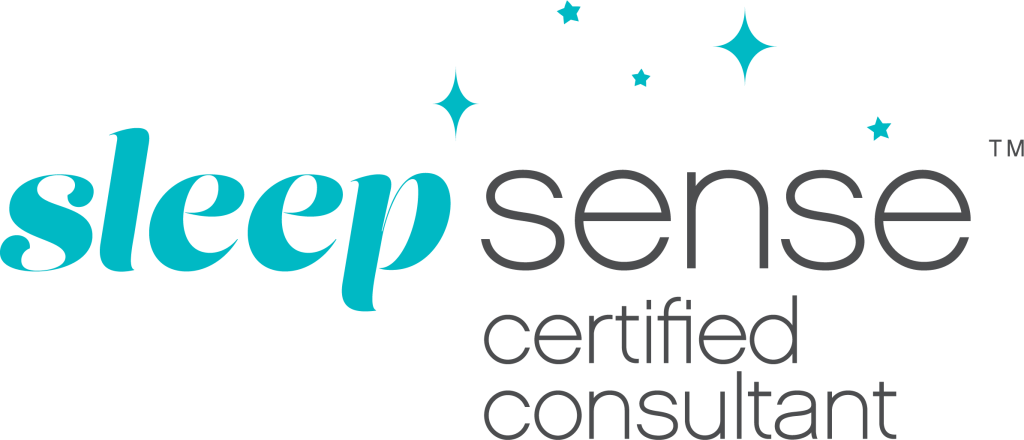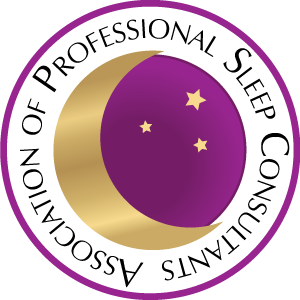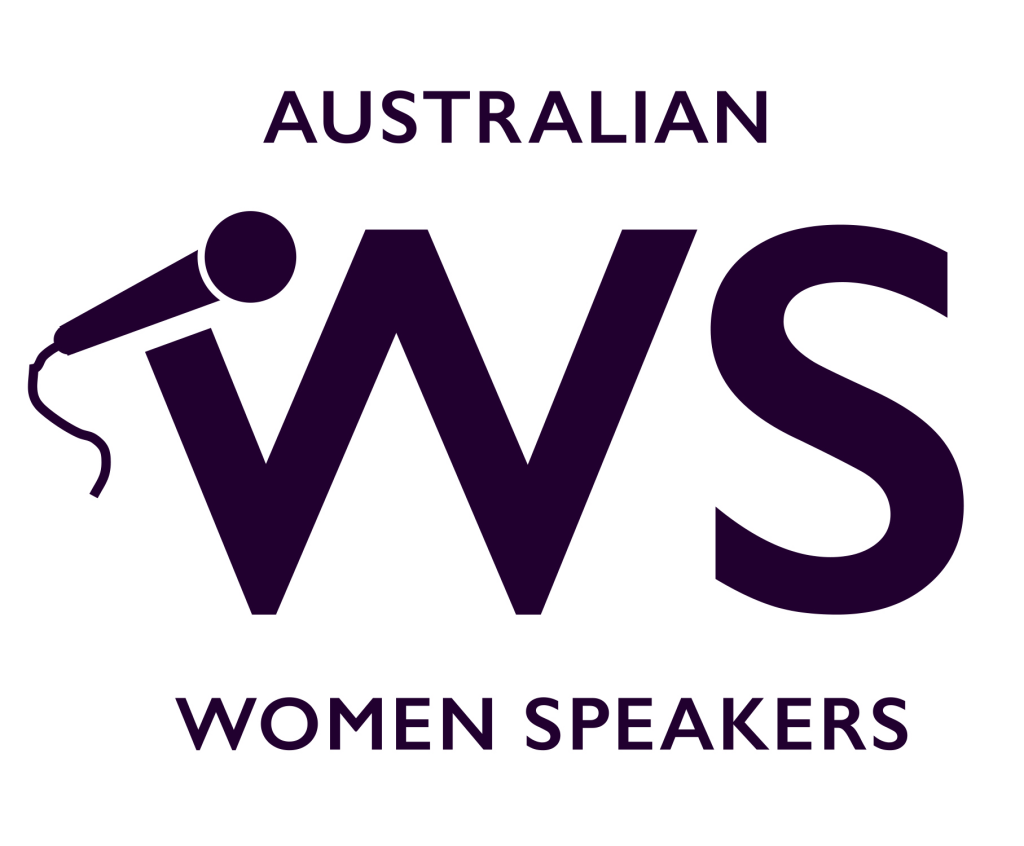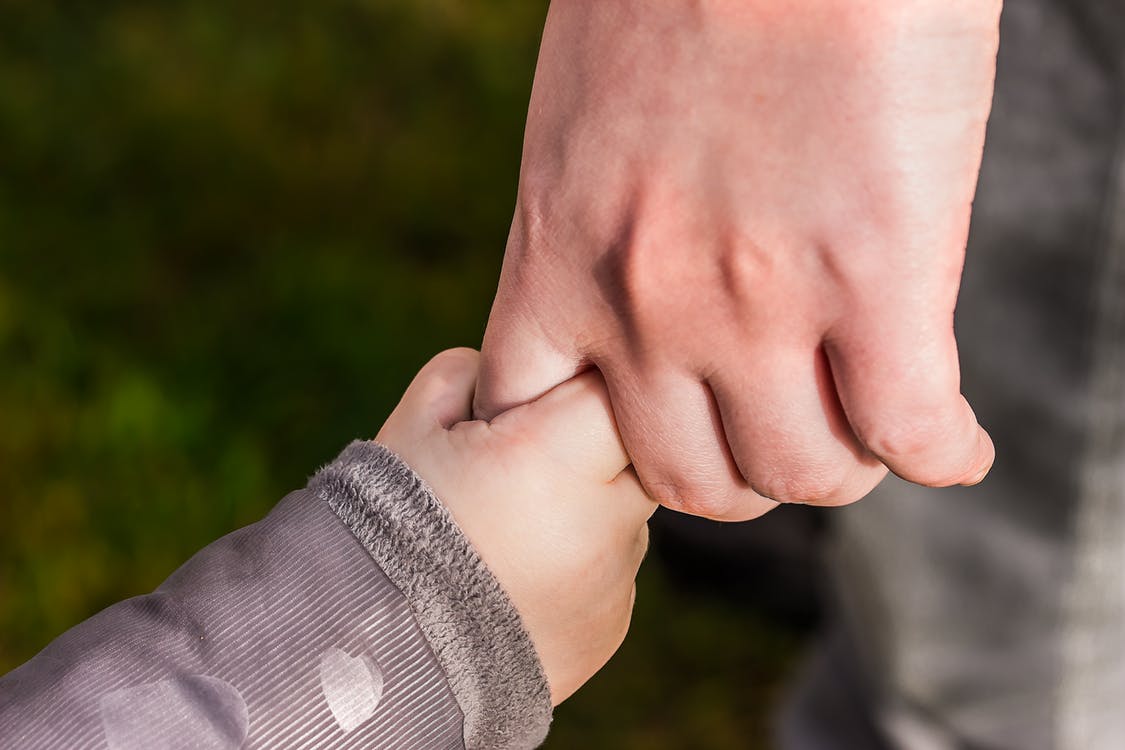
Some would say that attachment parenting contradicts sleep training.
As parents, we bare an enormous responsibility. It’s not just about keeping our little ones alive, warm, fed and happy. We’re all looking to raise exceptional human beings. We’re responsible for the quality of our kids’ lives long after they’ve left the nest. Many of the decisions we make today are going to determine who they are in 2030, even 50 years from now.
No surprise then that we take decisions very, very seriously.
Especially in those first few years, our instincts are all about holding baby close. It’s about meeting their every need the moment it arises, and protecting them with the strength and determination of a Lioness.
For anyone who’s not familiar, attachment parenting is a parenting philosophy that was popularised by Drs. William and Martha Sears in their 1993 publication, “The Baby Book.” The idea, in a nutshell, is maximum closeness and responsiveness. You wear your baby, you share a bed with your baby, you breastfeed on demand, and you answer their cries immediately.
The theory is this creates a strong attachment between mother and baby, which results in well-adjusted children who grow up to be happy, healthy, contributing members of society.
Now, all of these theories have been debated endlessly and passionately, but there’s no strong evidence to show that attachment parenting is better or worse than other parenting styles. If you want more information on attachment parenting, a quick Google search will provide you with more material than you could possibly take in over a dozen lifetimes.
Is attachment parenting and sleep training mutually exclusive?
Firstly, I’d hope you bond with your baby as much as you want, breastfeed until you’re blue in the face, and wear your baby in a sling everywhere you go (although I wouldn’t do every nap in a sling pass the 3 month age if you want an independent sleeper on your hands). As a sleep coach, I would tell you that’s all fine and dandy.
Now, sleeping close to baby is another term for bed sharing, which Dr. Sears is a big fan of. The consensus from most of my colleagues is that babies sleep better, and so do their parents, when they aren’t in the same bed as you. More people in bed means more movement. Movement means more wake up. Wake ups means less of that rich, delicious, deep sleep that we love to see everybody getting.
So is it a deal breaker when it comes to sleep training? Well, yeah. Pretty much. Teaching babies to fall asleep independently isn’t really feasible when Mum is in arms’ reach at all times. There have also been links to suffocation deaths due to bed sharing. So no, we don’t recommend it.
For anyone who wants to keep their little one close but would rather not wake up to baby’s toes in their nostrils ten times a night, I suggest sharing a room instead of a bed. As long as baby has a separate safe space to sleep, like a cot, then sleep training is once again a viable option.
So what about crying?
Crying is how babies express discontentment, no question about it. Whether it’s a wet nappy, general discomfort, or just wanting something that they don’t have at that particular moment, babies will cry.
So again, a lot of my clients are surprised when I tell them that sleep training does NOT require them to leave their babies to cry until they fall asleep. In fact, I typically don’t recommend waiting longer than about 2-10 minutes (a parents decision) before responding to a crying baby.
Giving your baby a few minutes to see if they can fall back to sleep on their own strengthens their skills to fall asleep easily and happily. The idea that sleep training requires parents to close the door at bedtime and leave their little ones until the next morning, regardless of the intensity or duration of their crying, is, in scientific terms, bogus.
So does sleep training suit you if you have an attachment parenting style?
I can’t speak for everyone in my profession, but as a Certified Sleep Sense™ Consultant, I am part of the largest collaborative network of pediatric sleep coaches in the world, and we all have one thing in common. We’re passionate about helping families.
We’ve been through this issue ourselves. We’ve found a solution, and we’re devoted to helping others the same way we helped our own babies. We know, first hand, the difference it makes in people’s lives.
Another popular question, is it worth the money?
For anyone who might be thinking “They’re just in it for the money”, I implore you to try working with exhausted parents and overtired babies for a few nights and tell me about how easy the money is. If this job were just about turning a profit, we would all find something else to do, believe me.
We work with people in their most frazzled, desperate moments, and it is challenging work. The reward is in the results. The reward is in the smiles of those happy well rested babies. It’s in the eyes of the parents. Parents who are feeling reinvigorated and re-energized about raising kids now that they’re getting enough sleep.
It’s all about Balance
I believe in the fundamental principle of balancing your parenting responsibilities with your self-care. Being a Mother is a priority. It can easily be argued that it should be your main priority.
If this is true; you absolutely, inarguably, need to get regular, sufficient rest.
Motherhood is incredibly demanding and requires a finely-tuned well-oiled machine to carry it out. You have to be patient. You have to be understanding; energized; empathetic; entertaining; not to mention focused; to be a good parent. Ask yourself. How many of those qualities would you say you possess on three hours of sleep?
One of my favorite quotes on parenthood is Jill Churchill’s heartwarming reminder:
“There’s no way to be a perfect Mother and a million ways to be a good one.”
It reminds me that we, like our babies, are unique. All of these parenting recipes need to be tweaked and adjusted to suit our individual and family needs.
So if attachment parenting is your thing, more power to you. The best parenting strategy is the one that works for you and your family.
However, if your little one or you aren’t sleeping well, I urge you to consider bending Dr. Sears’ rules a little and get some help.
I won’t tell him if you don’t.
